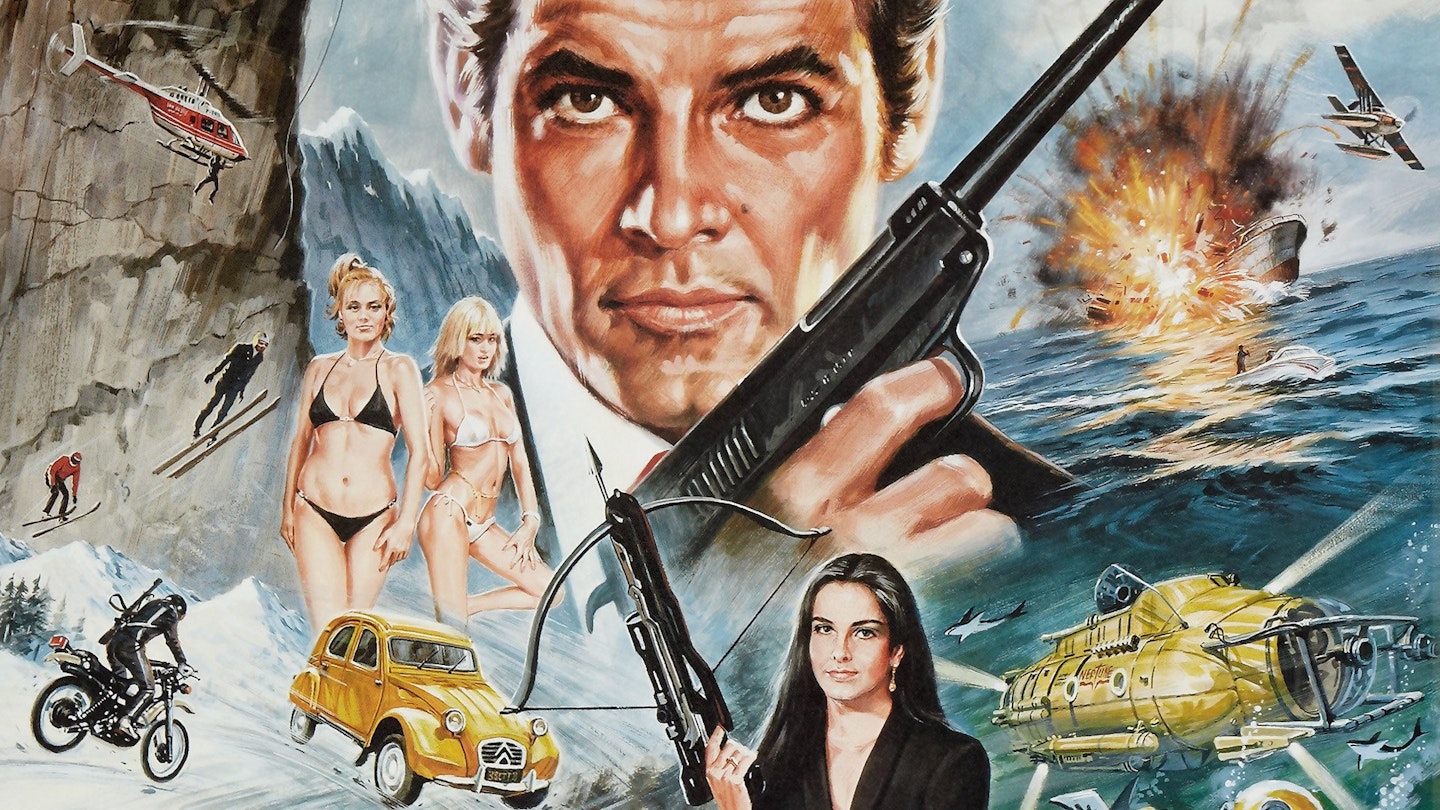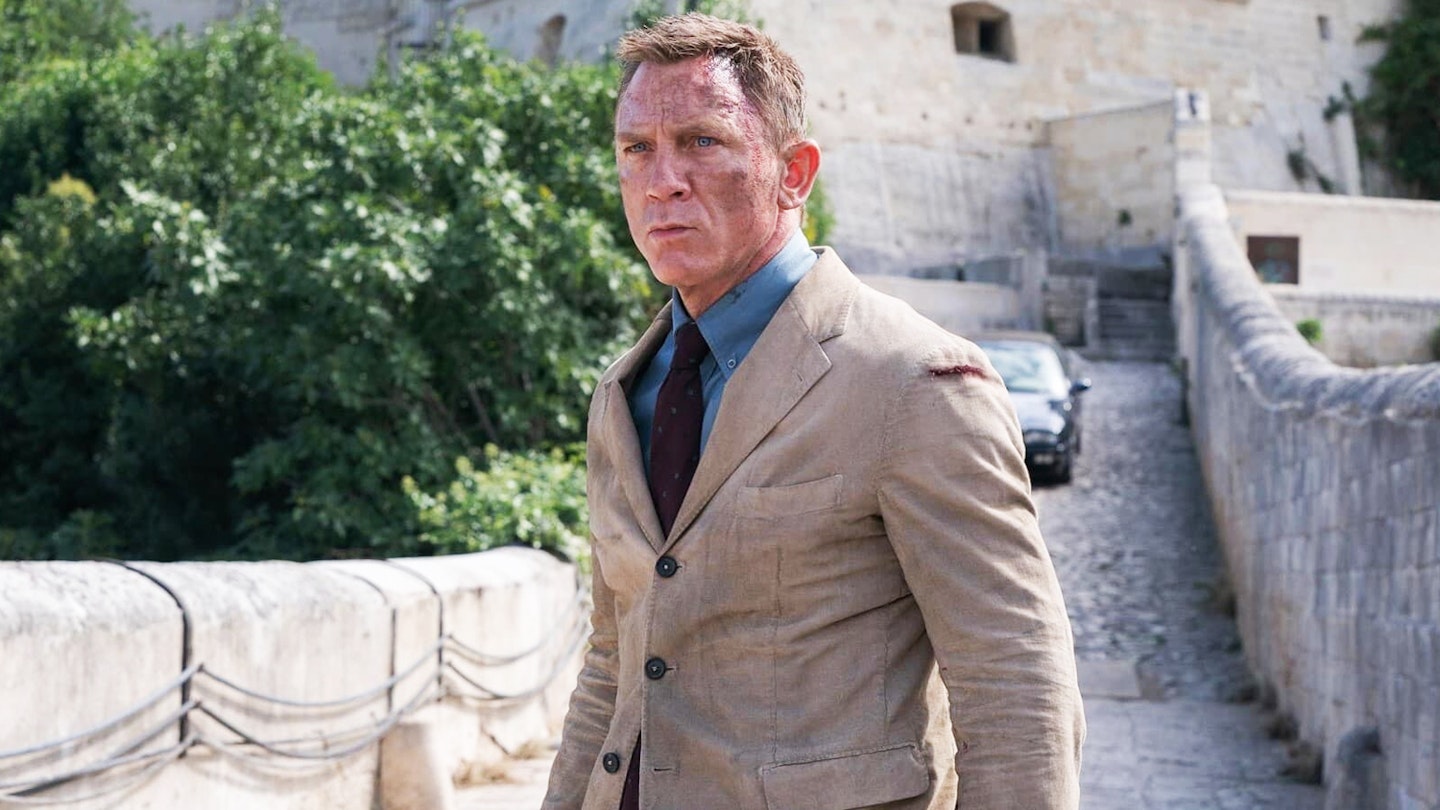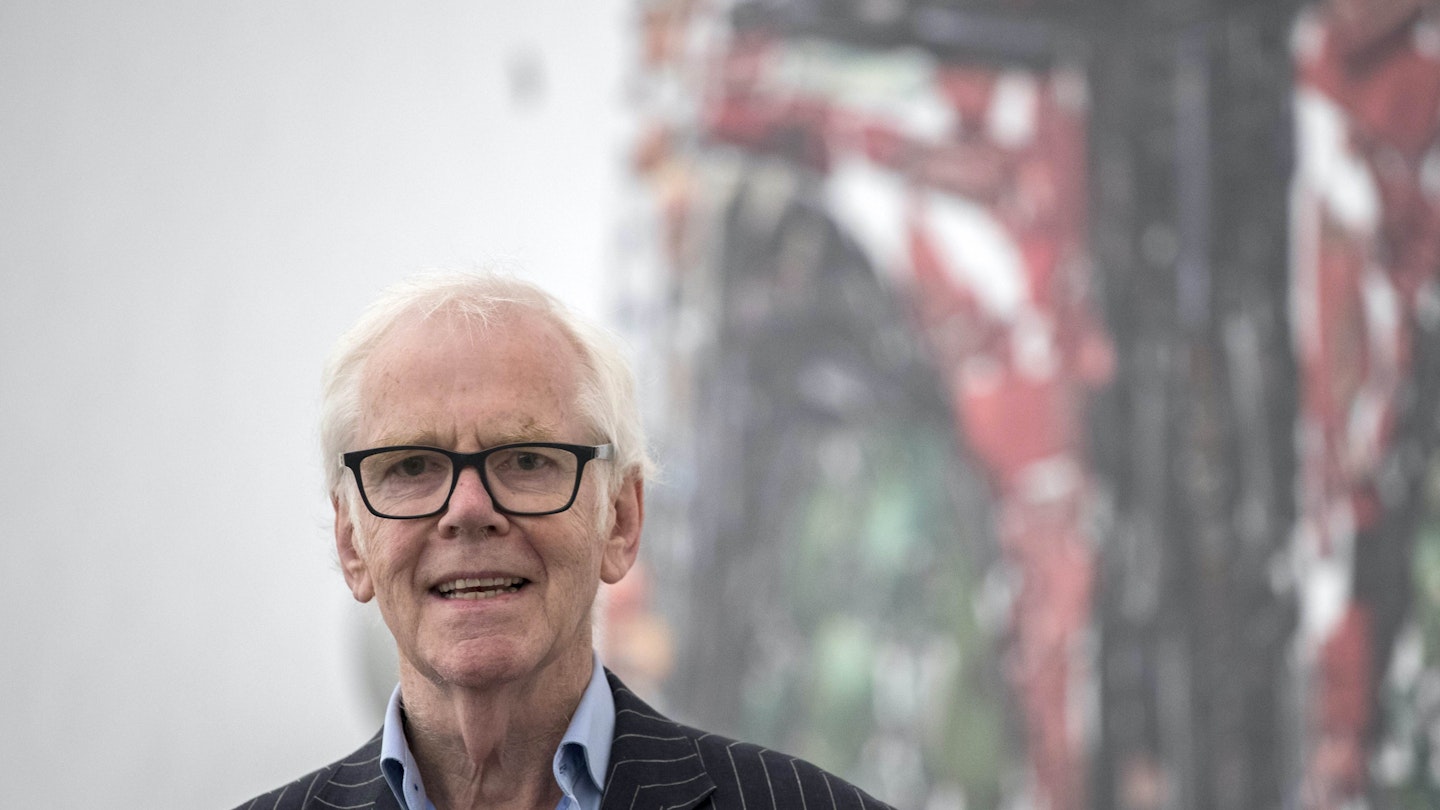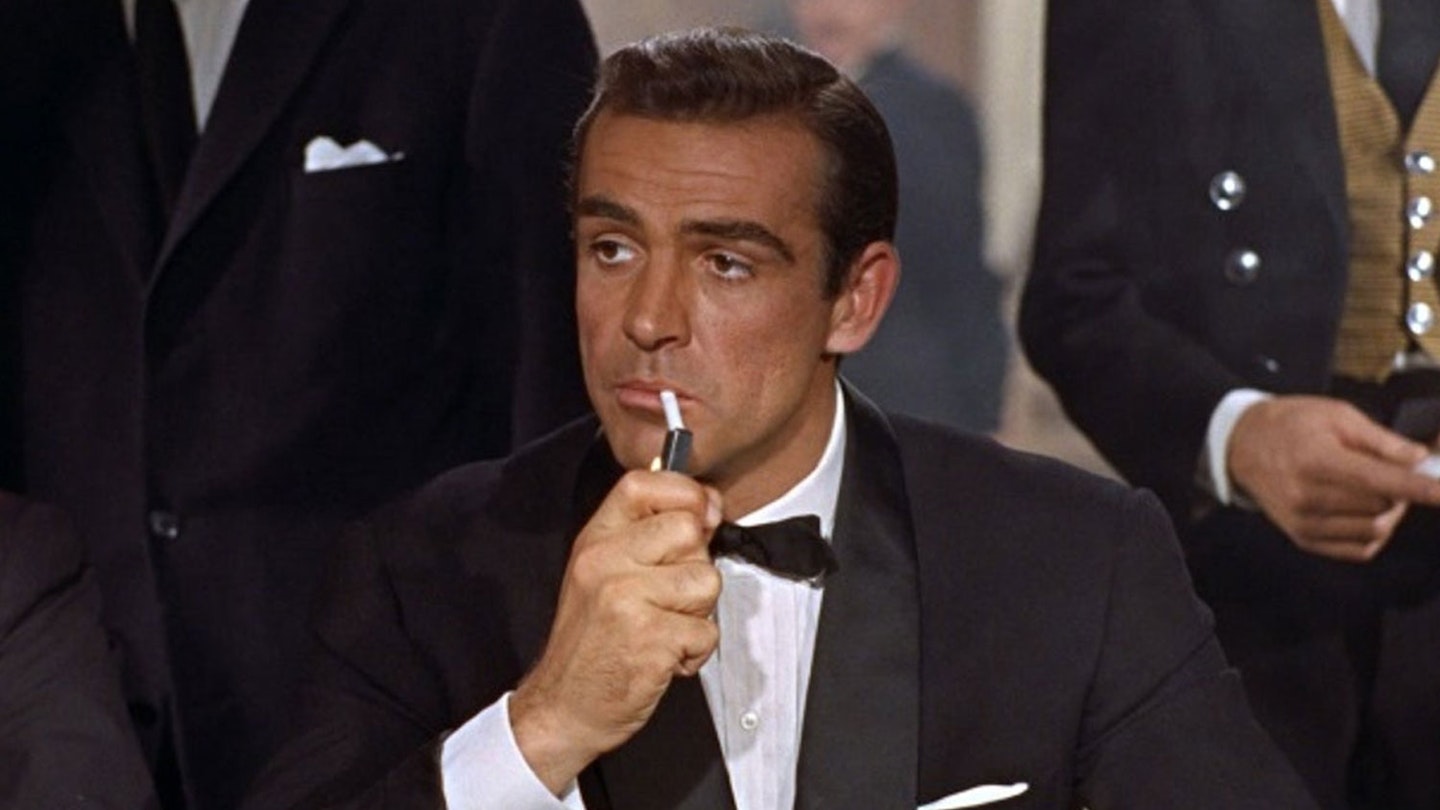With Moonraker tipping the Bond balance into absurdity and critical derision, the knee-jerk reaction was to reel in the comedy and Flash-Harry hi-tech gumbo, for a leaner, more realistic form of 007 adventure. Sadly, the series was still encumbered with Roger Moore’s portly incarnation, an actor who never found a way of playing the famous role other than with droll insincerity. The film, stylishly wired in places, still ranks as one of the most forgettable Bonds on record.
The all-new moody feel kicks in from the very beginning where we find Bond visiting the grave of his dead wife. The winking is out, in comes edge. When 007 arrives in a cloudy Greece, he hooks up with Carole Boquet’s beautiful avenging angel. It transpires, Bond’s target, elusively known as “Contact” could well be the man who killed her parents. Personal vengeance is a striking theme for this franchise, but it doesn’t sit well. As the film labours to generate plot and character, only vaguely keeping tabs with the chirpy traditions, you start to wish it would cut loose and give an excruciating quip.
Moore just looks confused. He obviously wants to do his thing then hit the bar for cocktails, but John Glen is nagging him to add a roughness to the slick exterior. Equally, it just doesn’t fit. The news is clear, there’s only so far you can push a Bond before it breaks. These films are rigid and inflexible. And when it finally does relent to partake in standard Bondian thrills, it’s like a relief. A silly car chase with Bond piloting a clapped-out 2CV is hilarious, and a terrifying cliff approach to a monastery (for the underwhelming conclusion) hints toward the glamorous sweep of location so sorely lacking. And Boquet does make a brittle, intelligent Bond girl for once, which could be why no one remembers her either.



